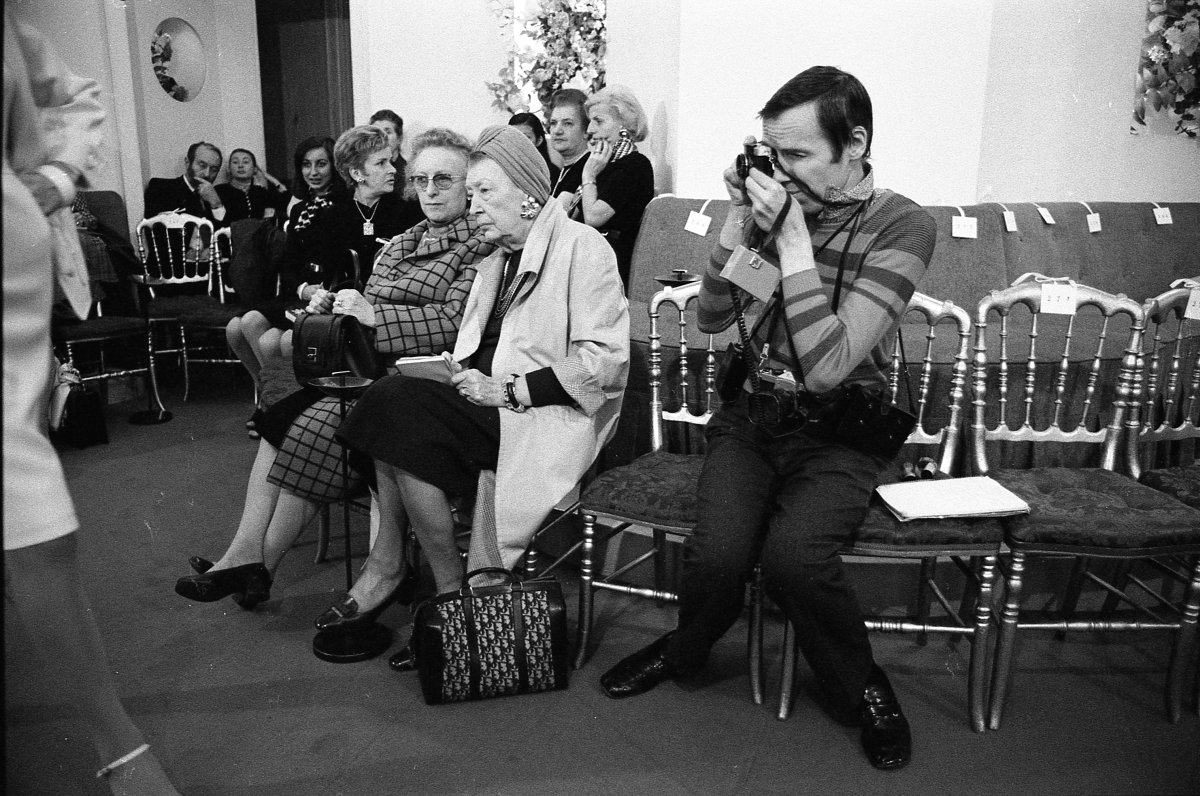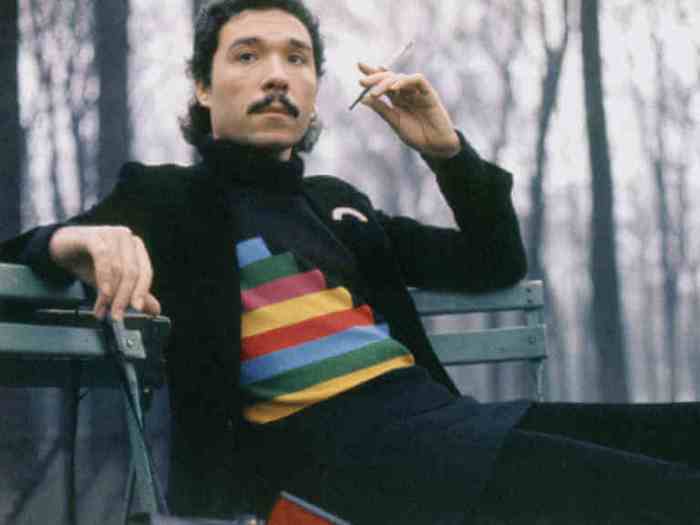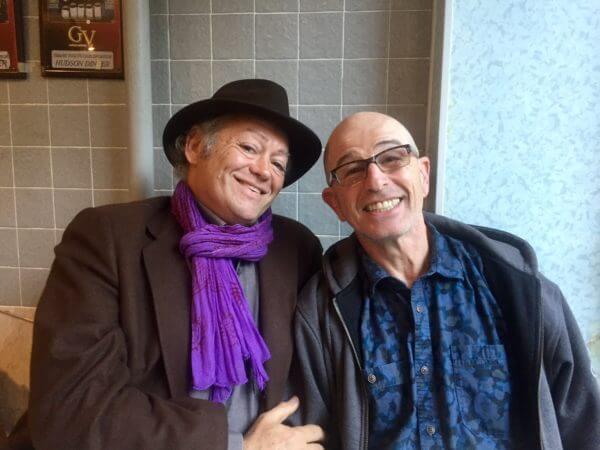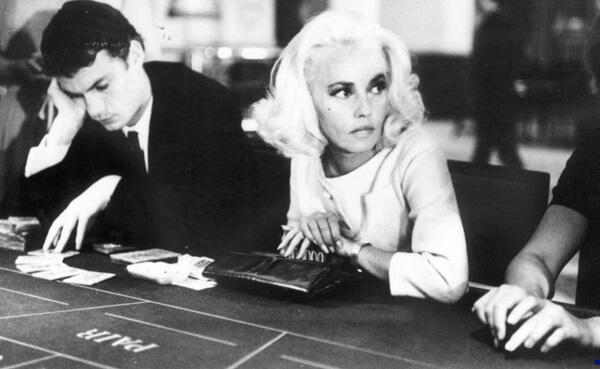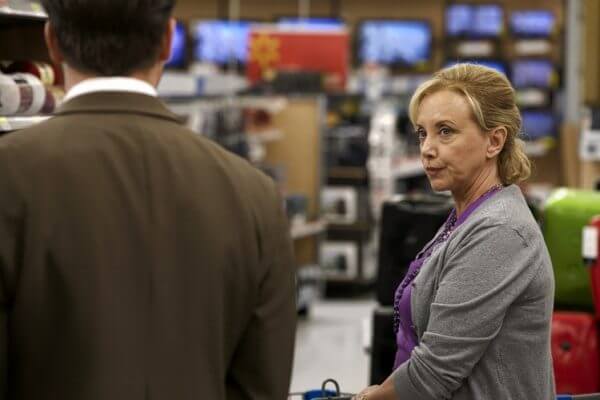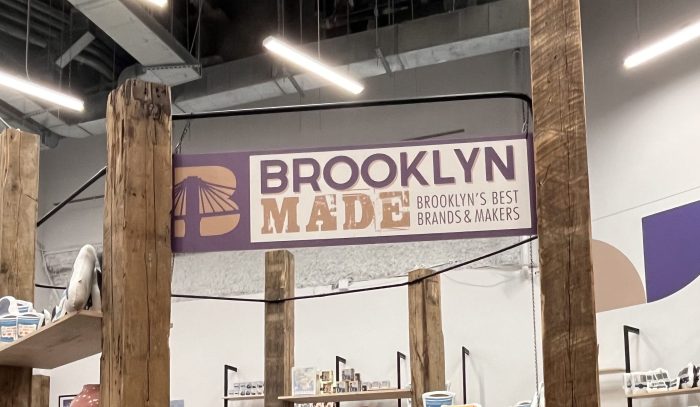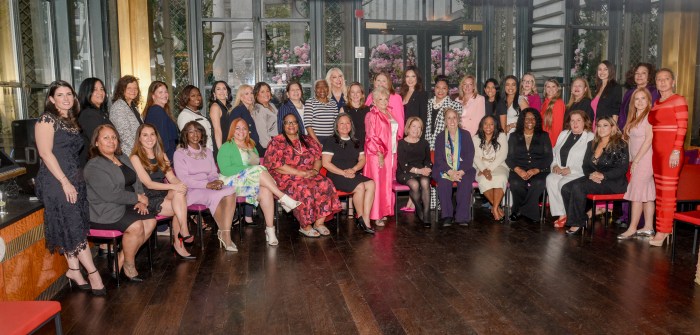Bill Cunningham, who died at age 87, in 2016, was a legendary New Yorker. A fixture on the social and fashion scene, he was always on the shooting end of the camera lens. A photographer whose fashion photography column, “On the Street,” ran in the New York Times from 1978 until his death, Cunningham was the subject of Bill Press’ terrific 2011 documentary, “Bill Cunningham New York.” Now, with the release of Mark Bozek’s affectionate documentary, “The Times of Bill Cunningham,” fans can revisit this humble man who still feels like an old friend.
Bozek builds his film around a single interview he conducted with Cunningham back in 1994. The subject is extremely self-effacing; he doesn’t understand the interest people have with him. Bozek’s modest talking-head approach, however, captures Cunningham in a way that makes him irresistible. What Cunningham expected to be a 10-minute chat ran much longer, and Bozek assembles a narrative — delivered by Sarah Jessica Parker — about Cunningham’s life, illustrating it with many dozens (perhaps hundreds) of Cunningham’s unpublicized photographs. The documentary provides a trip down memory lane.
For those unfamiliar with Cunningham’s life story — and the photographer was very private — he grew up in the Boston area in a conservative Catholic family. He had a job at Bonwit Teller’s, and eventually moved to New York to live with his aunt and uncle and work in the advertising department at Bonwit’s. But he started a side hustle making hats.
Cunningham designed under the name William J. so his family name would not be associated with this work. Bozek nobly tries to get Cunningham to discuss the reasons why there were concerns about his career in fashion — his family tried to steer him away from “women’s work” — but the subject does not discuss it. (Viewers can connect the dots here and infer.) Here, Cunningham reveals himself to be a gentleman of a certain age and from a certain time, where certain things were just not spoken about.
The filmmaker does, however, get the self-proclaimed “fashion historian” to discuss how he eventually ended up living in the Carnegie Hall studio apartments as well as amusing anecdotes about Marlon Brando hiding out in his apartment and an encounter with a nude Norman Mailer.
“The Times of Bill Cunningham” also addresses Cunningham’s time in the Army, and how he often went to Paris — to attend fashion shows — and discovered the work of designers Jacques Fath, Balenciaga, and others. This education helped him in his work with Chez Ninon, a salon in New York, designing for Jackie Kennedy (among other celebrities) and his breaking into covering fashion, as when he reluctantly penned acolumn for Women’s Wear Daily that started his career in journalism.
Cunningham emphasizes throughout the interview that he really just wants to capture how women on the street wear clothes, as that says everything about society and politics in America. He is unimpressed with Hollywood actresses, and dishes about the lack of personal style women like Joan Crawford, among others, had in their daily lives. He also has some interesting comments about meeting the Duke and Duchess of Windsor.
These catty moments are fun, but Bozek understands his subject well enough not to probe too deep for gossip. There is a great story about how and why folks tried to keep him from meeting the fashion legend Diana Vreeland.
Cunningham bonded with other artists, such as the out gay fashion illustrator Antonio Lopez (himself the subject of a fantastic doc). Lopez gave Cunningham his first camera and it was “a revelation” that jump-started his career. He also cites photographer Harold Chapman as being a big influence on his work. A 1978 photo of Greta Garbo in a nutria coat got Cunningham into the pages of Yhe New York Times, but the film misses the opportunity to discuss how that photograph landed him a regular gig that became an institution in The Times Sunday Style Section.
Instead, “The Times of Bill Cunningham” delves into its subject’s own personal style, which was cobbled together, he explains, from thrift stores and the wardrobes of his female friend’s late husbands. Cunningham is absolutely frugal when it comes to himself, and he cares more about getting a photograph than what he looks like. As reported in the film, Cunningham would pack his clothes in plastic deli bags when he travelled to Paris to cover designers. He famously wore a blue workman’s jacket, modeled after a French sanitation worker’s uniform, as he rode around the city on his bicycle.
It is easy to appreciate Cunningham for his ethics — he would not accept so much as a glass of water while working the society parties — and his largess. Bozek touches a nerve when he asks Cunningham about what saddens him, and after pausing and collecting his thoughts he eventually replies the AIDS crisis. The film reveals he quietly donated to many charities, and there is a particularly amazing story where he helped an artist friend by making a generous purchase.
There are many other insights about Cunningham’s work and fashion packed into the film’s nimble 75-minute running time. However, the best moments in “The Times of Bill Cunningham” are the series of images of his photographs that celebrate the beauty he captured with his camera. These sequences, which include some fantastic images from New York’s LGBTQ Pride Parades, which the photographer never missed (and waxes eloquently about), display Cunningham’s unerring eye.
In this age of Instagram, Bozek’s film honors an original, whose work remains as influential as it is inspiring.
THE TIMES OF BILL CUNNINGHAM | Directed by Mark Bozek | Greenwich Entertainment | Opens Feb. 14 Angelika Film Center, 18 W. Houston St. at Mercer St.; angelikafilmcenter.com/nyc

